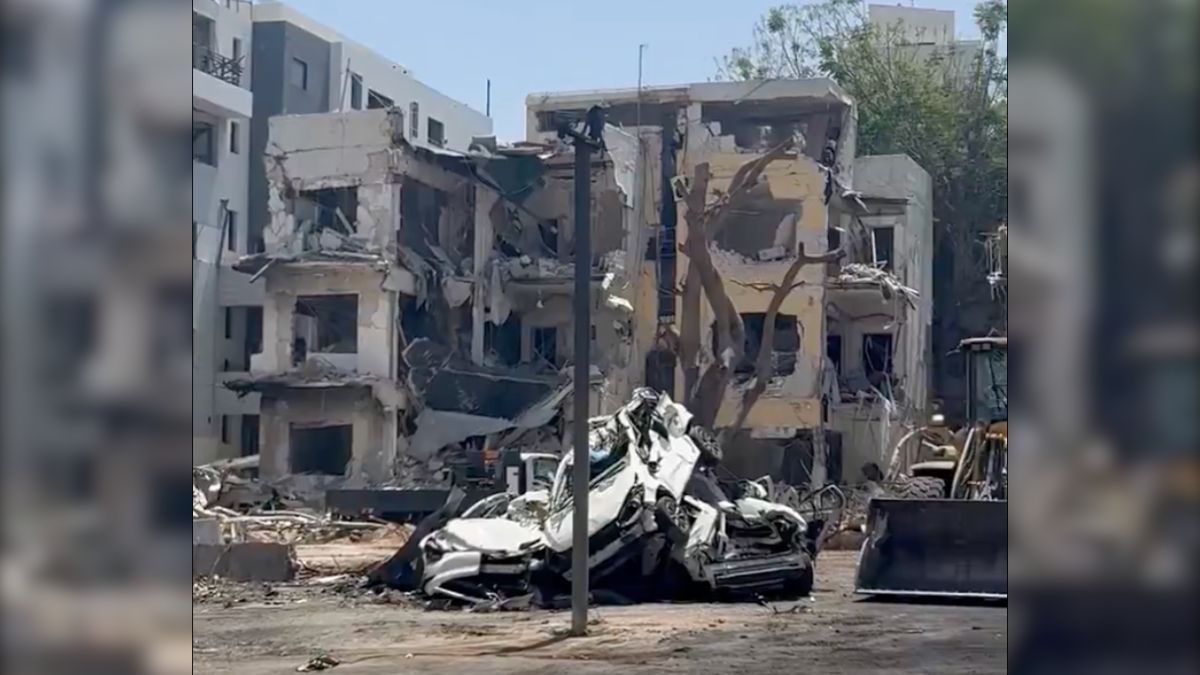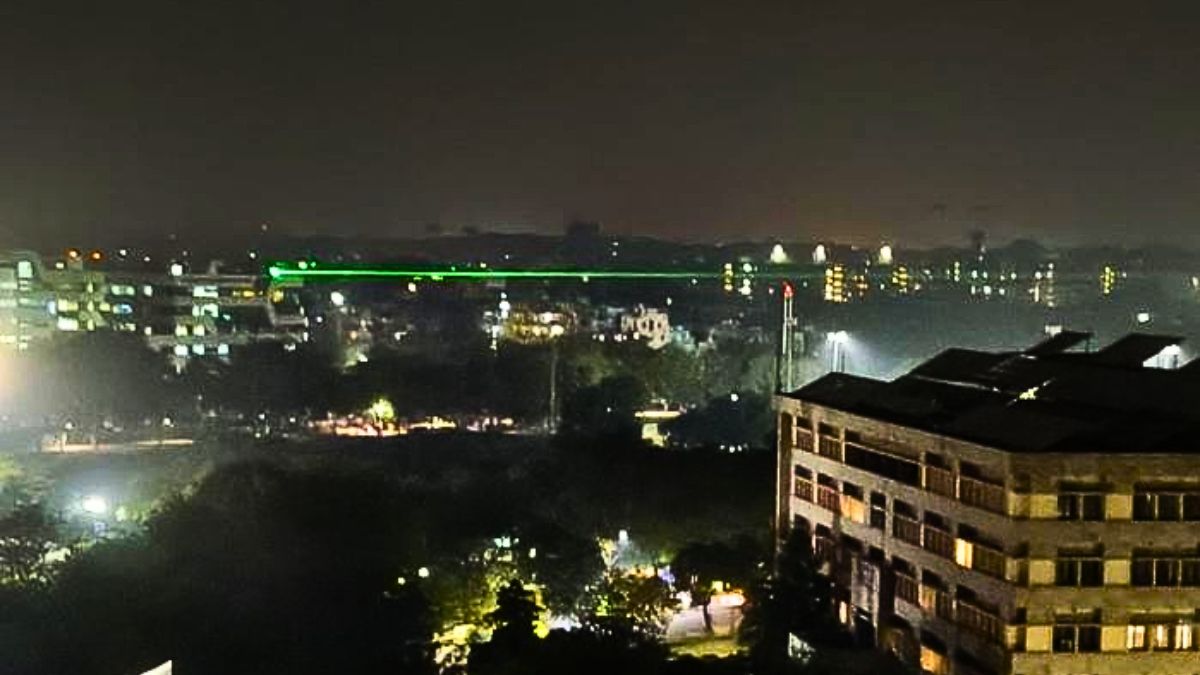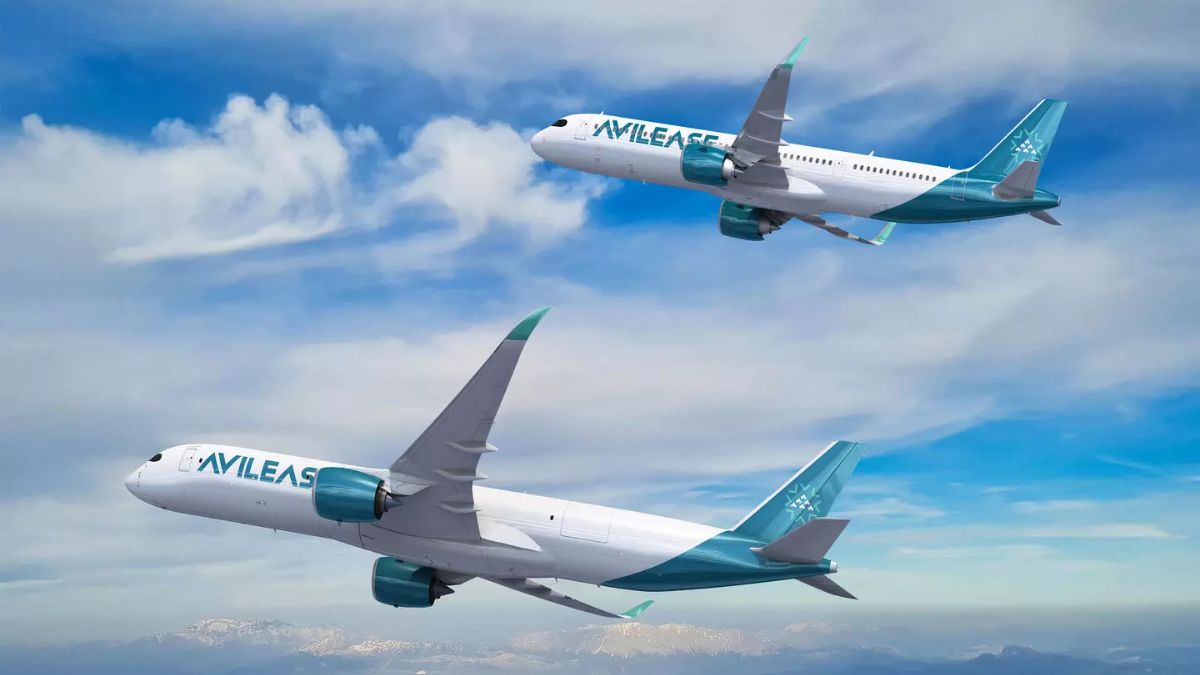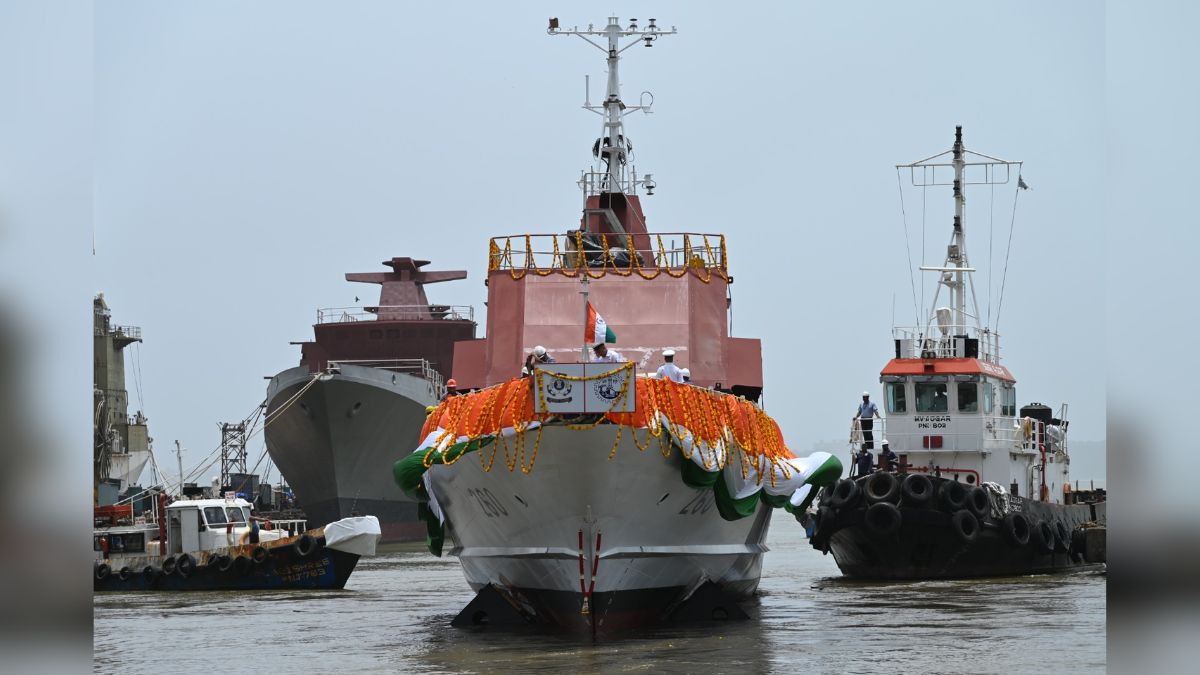Private Sector Joins Tejas Production, Delivers First Fuselage Assembly to HAL
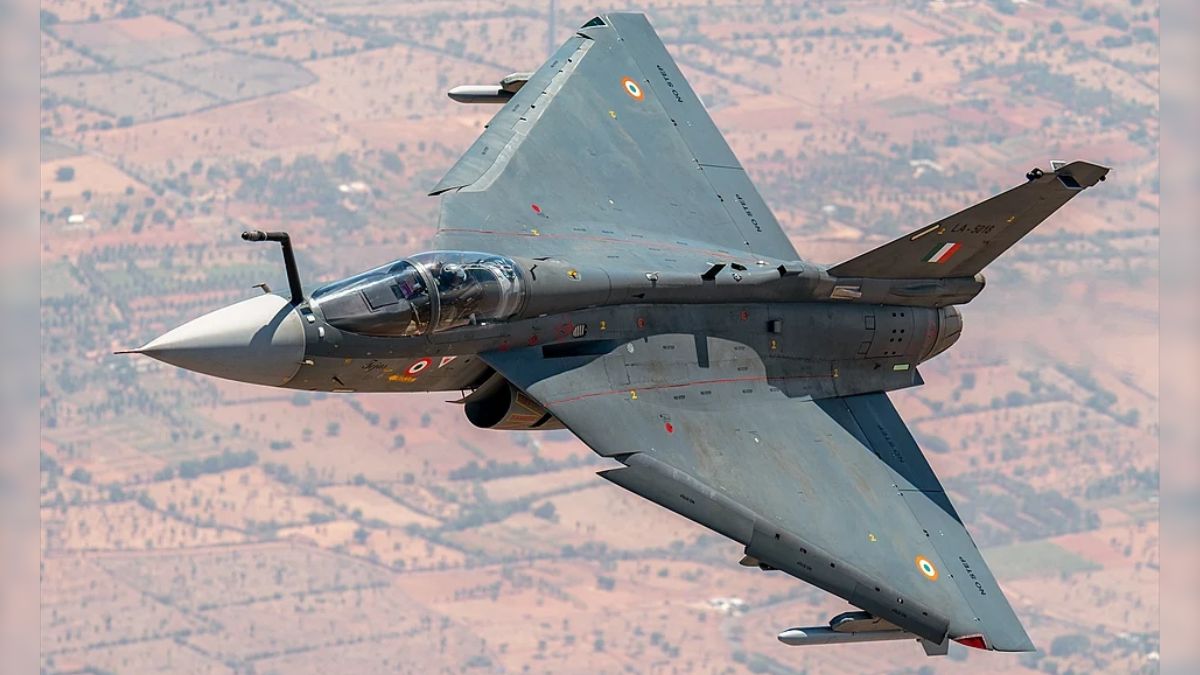
A private company called VEM Technologies has handed over the first fuselage for Tejas LCA Mk1A to HAL. Image courtesy: Wikimedia Commons
India’s indigenous fighter jet programme received a significant boost on Friday (May 30) with the handover of the first centre fuselage assembly for the LCA Tejas Mk1A from VEM Technologies to Hindustan Aeronautics Limited (HAL) in Hyderabad.
The handover event was attended by Secretary (Defence Production) Sanjeev Kumar and HAL Chairman & Managing Director Dr. DK Sunil.
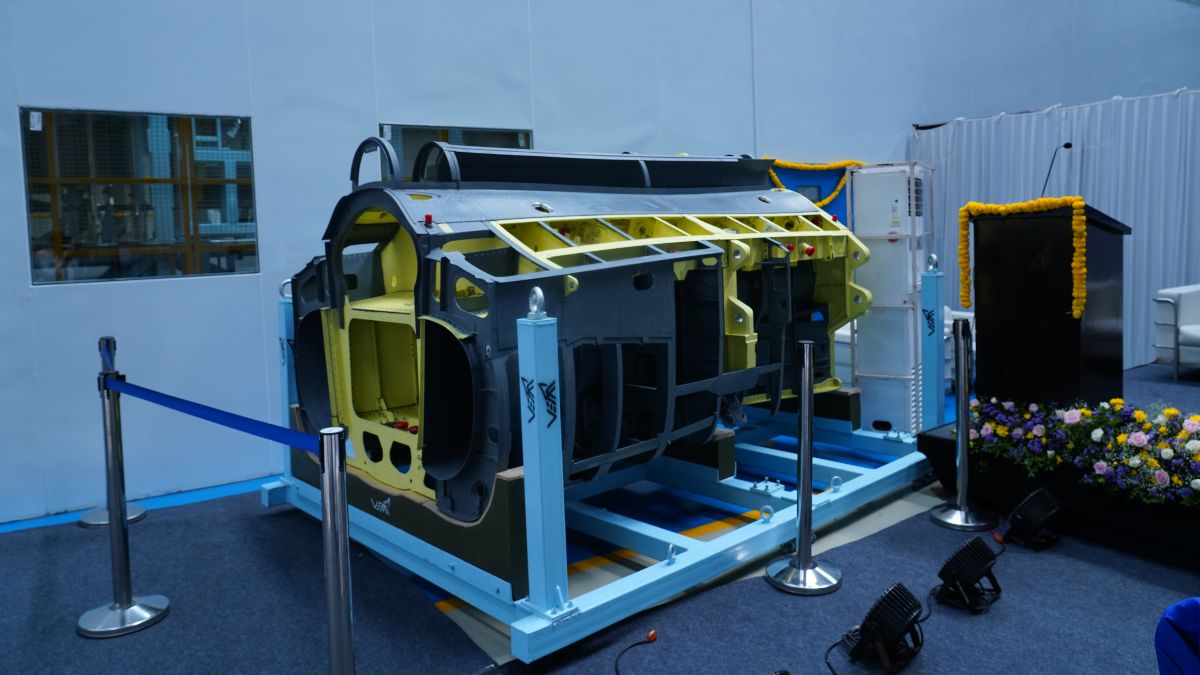
Why is this handover significant for the LCA Tejas programme?
The handover of the centre fuselage by VEM Technologies marks the beginning of substantial private-sector participation in the manufacturing of India’s Light Combat Aircraft. It also signifies the establishment of a fourth production line for the Tejas Mk1A— complementing the two existing lines in HAL Bengaluru and one in HAL Nashik.
According to Secretary (Defence Production) Sanjeev Kumar, this development is crucial for scaling up production and meeting the Indian Air Force’s requirements. He noted that India’s defence production is growing at an annual rate of nearly 10%, and expanding private sector involvement is key to sustaining that momentum.
How is HAL building a national aerospace manufacturing ecosystem?
HAL has been actively supporting private suppliers by providing jigs, fixtures, tooling, and technical guidance, enabling companies like L&T, Alpha Tocol, Tata Advanced Systems Ltd (TASL), VEM Technologies, and Lakshmi Machine Works (LMW) to manufacture a wide range of complex components. These include:
- Centre and rear fuselages
- Wings, fins, and rudders
- Fuel drop tanks and pylons
- Air intake assemblies and loom assemblies
The HAL CMD said the successful handover from VEM is proof of the maturity of the Indian aerospace ecosystem. He assured that major sub-assemblies are progressing well and will help HAL meet its delivery commitments to the IAF.
The LCA Tejas Division has already received multiple structural modules in the Mk1A configuration, and HAL plans to continue its outsourcing model in future projects.
What is the broader impact on India’s defence sector?
As part of its indigenisation strategy, HAL has partnered with over 6,300 Indian vendors, including 2,448 MSMEs, helping create thousands of skilled jobs. Over the past three years, HAL has placed orders worth ₹13,763 crore with Indian industry and continues to pursue indigenisation of complex aircraft systems and components.
Officials said this model strengthens India’s defence readiness by reducing reliance on foreign suppliers for key platforms like the Tejas fighter jet, while also building a resilient, self-sufficient supply chain.
The collaboration with VEM Technologies and other private partners is viewed as a key pillar in India’s long-term strategy to become a global hub for aerospace manufacturing.
